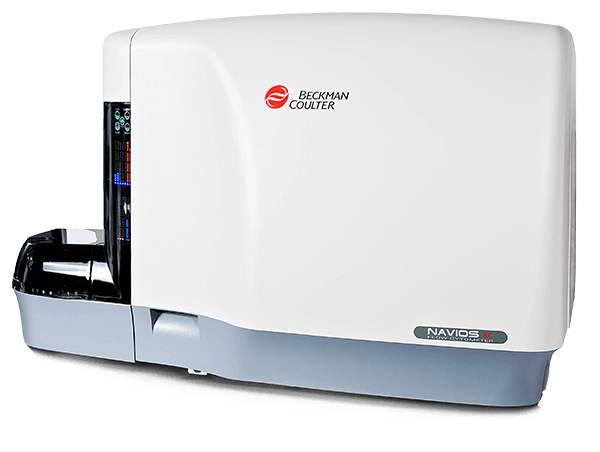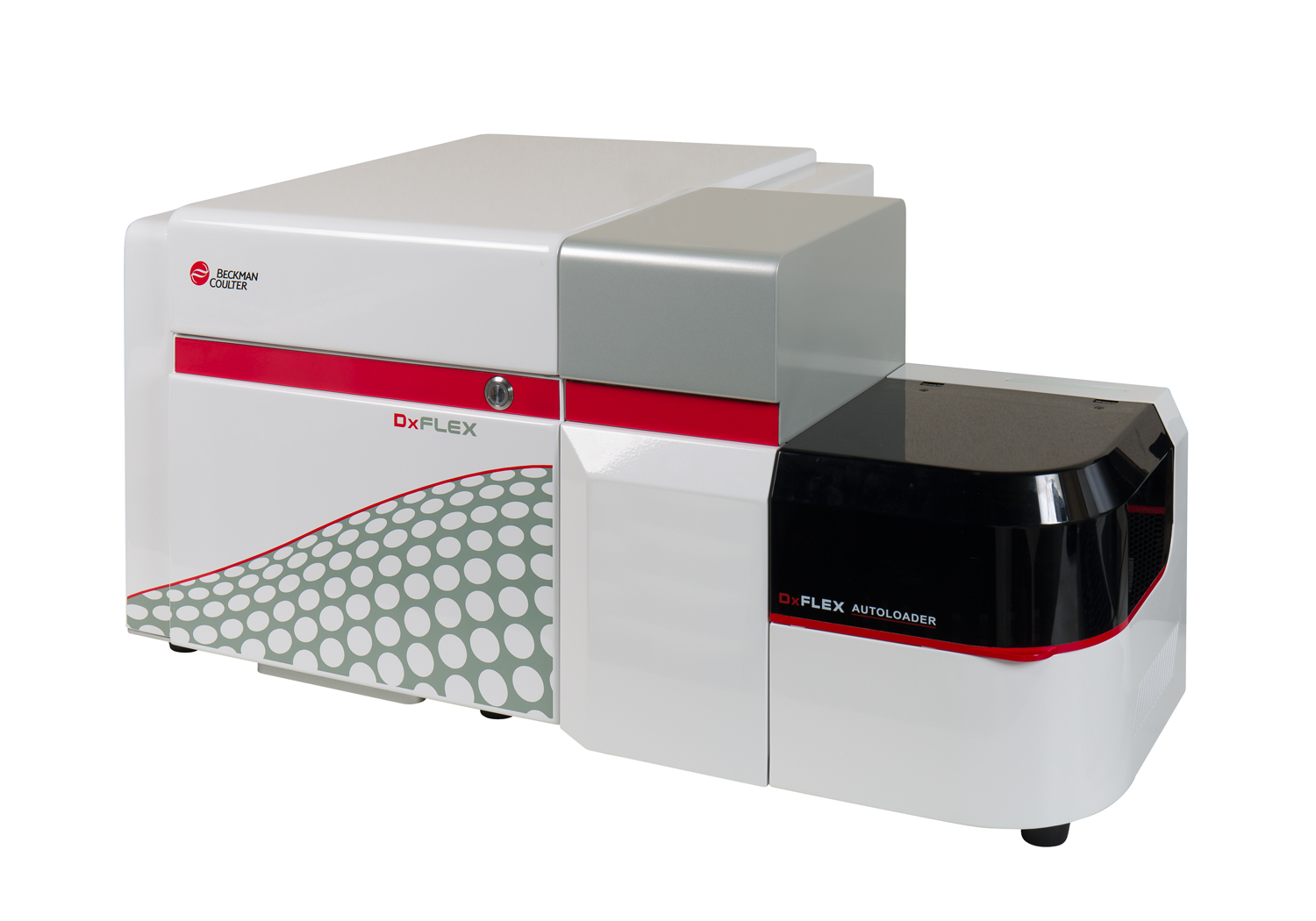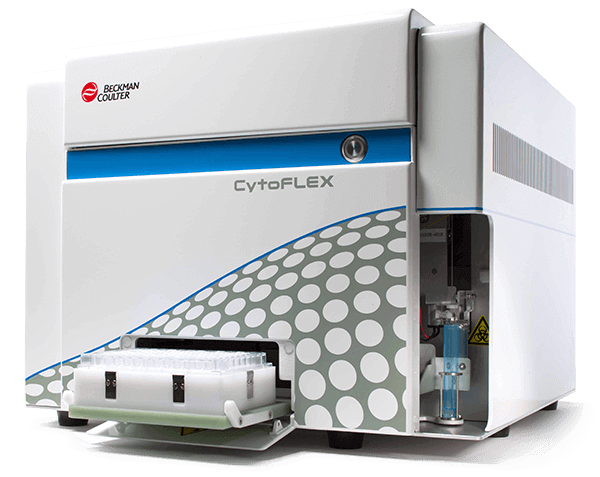FoxP3 Antibodies
FoxP3 (Forkhead box protein P3, also known as Scurfin, JM2, or IPEX), is the major transcription factor that determines the fate and identity of CD4+ CD25+ Treg cells. It is constitutively expressed in natural Tregs (nTregs) and acts as the master regulator in nTreg development and suppressive function. nTreg (CD4+ CD25+ FoxP3+ Treg cells) are important regulators of almost all immune responses, and they mediate suppressive functions both through the production of cytokines and direct cell–cell contacts. nTreg cells exit in the thymus, circulate and migrate to secondary lymphoid tissues, as well as to inflammatory sites, to exert suppressor activities. FoxP3 expression can also be directly induced in peripheral naïve CD4+ CD25– T cells, forming inducible Treg (iTreg) cells that also suppress immune responses. Diminished Treg cell development and function has been linked to auto-immunity and allergy whereas elevated Treg cell responses might play a role in undermining anti-infectious and anticancer immunity. FoxP3 contains 3 discernible functional domains, a single C2H2 zinc-finger motif, a leucinezipper-like motif, and a C-terminal forkhead domain, thereby exerting its positive and negative function as transcription factor. FoxP3 acts as transcriptional activator for genes that are typically up-regulated in nTregs while it represses transcription of both Th1 and Th2 cytokines in nTregs. FoxP3 can also exert regulatory capacity via protein-protein interactions.
| Clone: 259D | Isotype: IgG1 Mouse |
| The monoclonal antibody 259D detects endogenous levels of human FoxP3 transcription factor. | |






